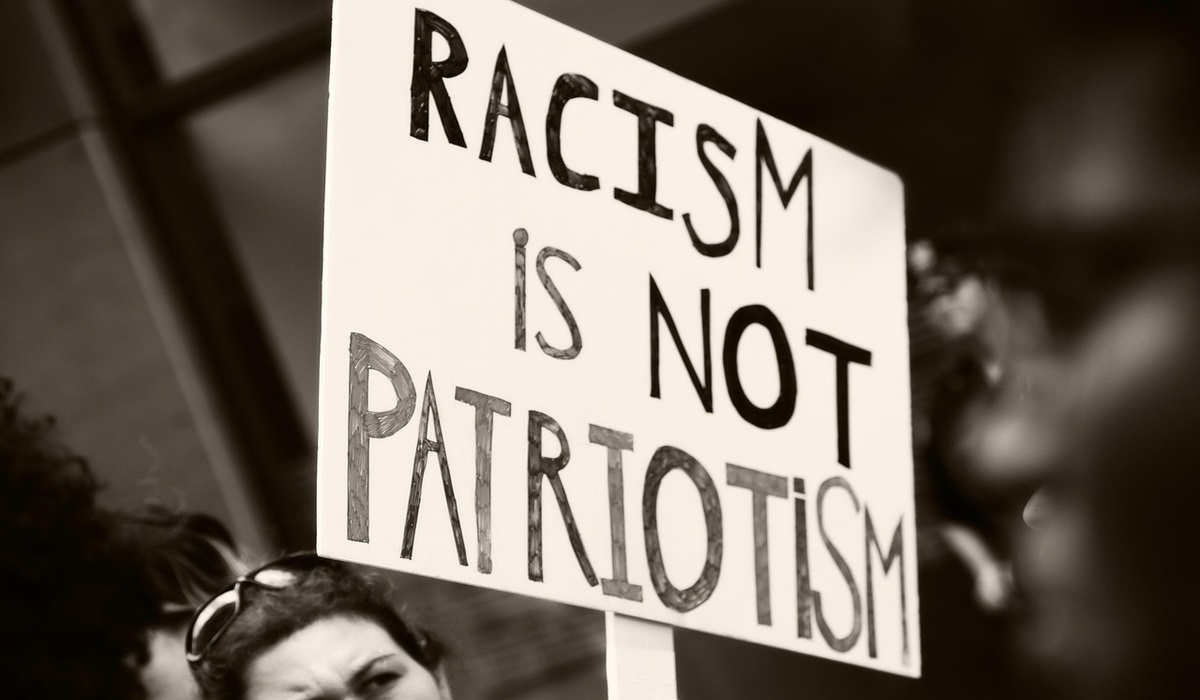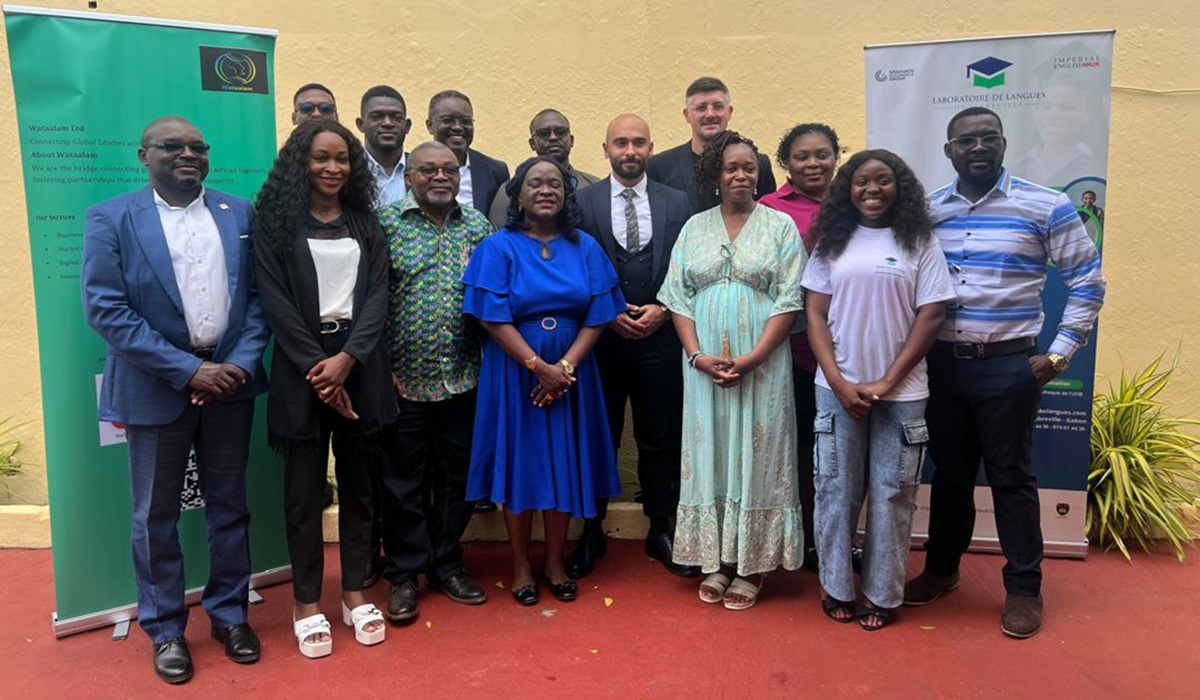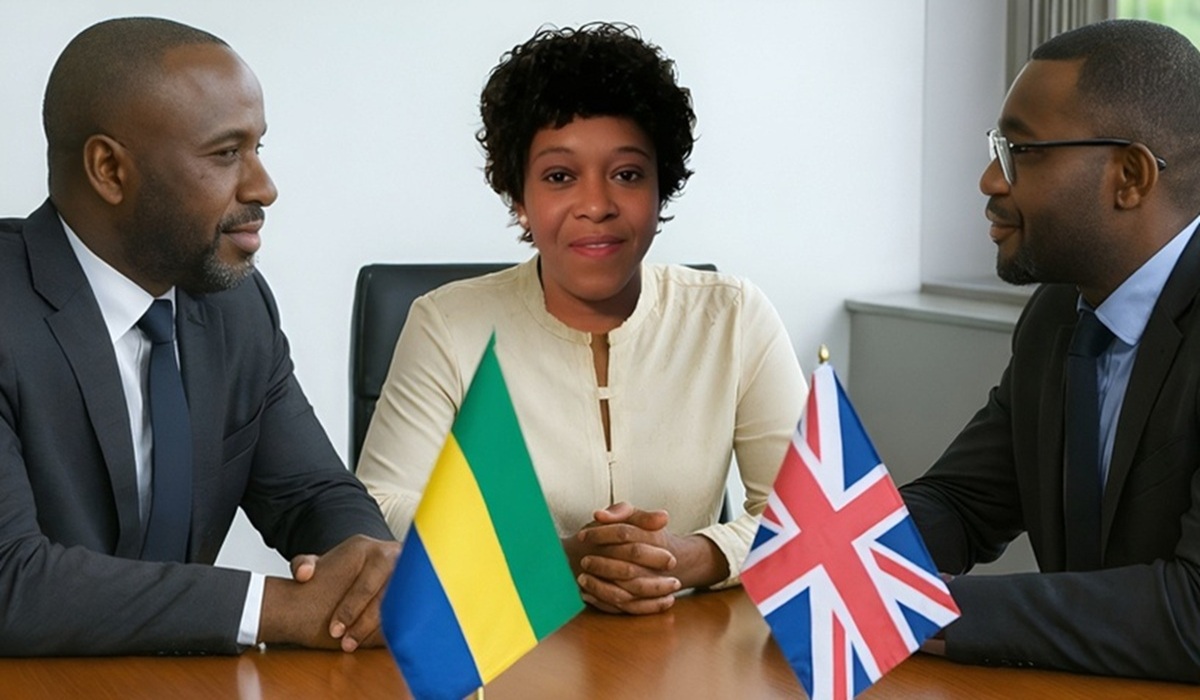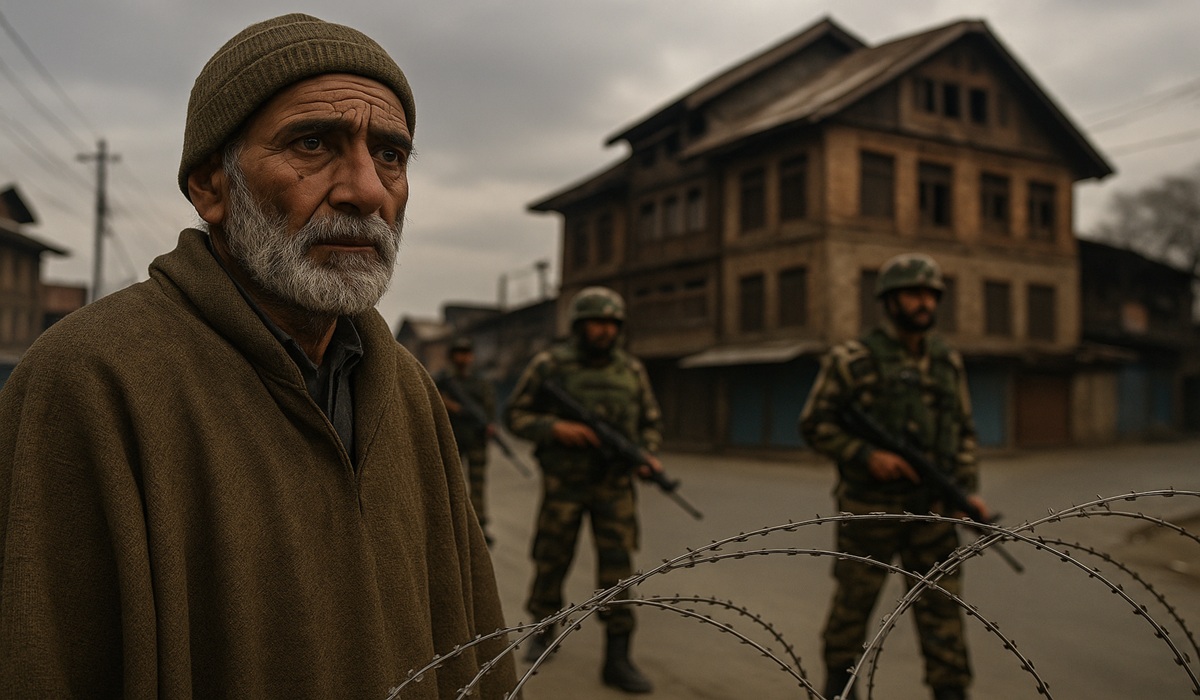The Death of Charlie Kirk: A Nation Mourns, but Some Choose Not to Weep
- Ingrid Jones
- Trending News
- September 11, 2025

Image Credit: Javier Robles
On September 10, 2025, Charlie Kirk, the 31-year-old founder of Turning Point USA and a prominent conservative commentator, was fatally shot during a public event at Utah Valley University. A single bullet struck him during a Q&A session, and despite immediate medical attention, he succumbed to his injuries shortly after. The incident has sent shockwaves through the political and social landscape of the United States, highlighting both the ongoing crisis of gun violence and the intense polarization of public discourse.
Many leaders and citizens alike have condemned the assassination, emphasizing that political violence can never be justified, regardless of the target or ideology. President Donald Trump, Governor Gavin Newsom, and other prominent figures issued statements expressing sorrow and emphasizing that such acts of violence are an unacceptable assault on democracy and civil society. While these messages of mourning dominate public commentary, a quieter but equally potent conversation has emerged: a debate over how to reconcile grief with the controversies that defined Kirk’s public life.
Charlie Kirk was widely known for his provocative and often inflammatory statements, which frequently sparked controversy. He openly defended an extreme interpretation of Second Amendment rights, once suggesting that a certain level of gun deaths was an unfortunate but acceptable cost to protect constitutional liberties. Many interpreted this statement as callous and dismissive of human life.
Beyond issues of gun rights, Kirk’s rhetoric extended to topics of race, gender, and sexuality, earning him a reputation among critics as a divisive figure. Observers have accused him of amplifying white nationalist ideas and promoting exclusionary ideologies through Turning Point USA, an organization he founded. Critics argue that his platform gave legitimacy to extreme viewpoints, enabling harmful stereotypes to flourish under the guise of political commentary.
Kirk frequently made disparaging remarks about transgender individuals, women, and communities of color. His critics have highlighted examples of statements they considered sexist, racist, and harmful, citing instances where he belittled marginalized groups, questioned their place in public life, or made sweeping generalizations about their values and behavior. While his supporters viewed these remarks as provocative political commentary, detractors saw them as contributing to a climate of intolerance and social division.
The circumstances of Kirk’s death create a complex moral landscape. On one hand, his assassination is a shocking act of violence that demands condemnation. On the other, the content of Kirk’s own public rhetoric complicates the question of mourning. While it is universally recognized that taking a life is never justified, some citizens struggle with feeling personal grief for a figure they believe promoted harmful and divisive ideas.
This tension is evident in discussions across social media, opinion columns, and private conversations. Many people are expressing sorrow and outrage at the act of violence itself, while simultaneously acknowledging that Kirk’s legacy includes rhetoric that many found deeply objectionable. For some, these dual realities cannot be separated: it is possible to condemn violence while critically examining the societal effects of the individual who was targeted.
The assassination of Charlie Kirk underscores a larger societal issue: the intersection of public influence and personal responsibility. Those who occupy high-visibility platforms wield enormous power over public opinion. Words matter, and statements that demean or marginalize entire groups of people contribute to a polarized and sometimes hostile public environment.
While no statement, no matter how controversial, justifies an act of lethal violence, Kirk’s death has prompted reflection on the consequences of incendiary rhetoric. Citizens, policymakers, and media observers are questioning how public discourse can remain vibrant and free while avoiding language that fosters division, fear, or animosity. It is a delicate balance: safeguarding free expression while promoting accountability and civility.
In the wake of this tragedy, there is a critical need to distinguish between condemnation of violence and evaluation of a person’s public record. Political violence must always be rejected, but it is equally important to recognize the tangible societal impacts of influential figures. In Kirk’s case, these impacts include fostering contentious debates, shaping narratives around race and gender, and influencing a generation of young conservatives with his often combative messaging.
Some Americans mourn his loss as a personal and political tragedy, while others feel conflicted, recognizing both the horror of his death and the controversial nature of his life’s work. This duality reflects a larger societal tension: how to process grief when the deceased has been a polarizing or divisive figure.
The circumstances surrounding Charlie Kirk’s death offer a stark reminder of the need for responsible public discourse. Societal polarization, amplified by inflammatory rhetoric, can create environments where divisions become entrenched and dialogue deteriorates into hostility. Preventing future tragedies requires a commitment to both civility and critical reflection.
Condemning violence unequivocally must remain a societal priority. At the same time, understanding the effects of one’s words is crucial. Leaders, commentators, and citizens alike bear the responsibility to communicate in ways that foster understanding rather than deepening resentment. As difficult as it may be, acknowledging the harm caused by a public figure’s statements does not diminish the tragedy of their death; instead, it ensures that society learns from these events and engages in more conscientious discourse moving forward.
Charlie Kirk’s assassination has left a profound mark on the nation, forcing Americans to confront not only the dangers of gun violence but also the ramifications of divisive public rhetoric. While the act of violence is universally condemnable, the debate over Kirk’s legacy reminds us that public figures carry responsibility for the words they speak and the influence they wield.
Mourning a life lost does not require ignoring the societal impact of that life’s work. For many, grief exists alongside critique: sorrow for the violent loss of life and recognition of the harm caused by a controversial public voice. In the end, the tragedy of Charlie Kirk’s death challenges society to condemn violence, reflect on the responsibilities of public influence, and strive toward a discourse that values both free expression and accountability.








